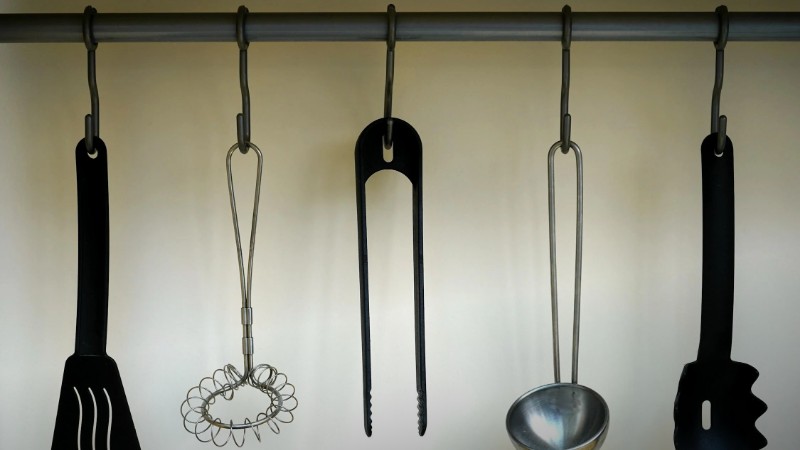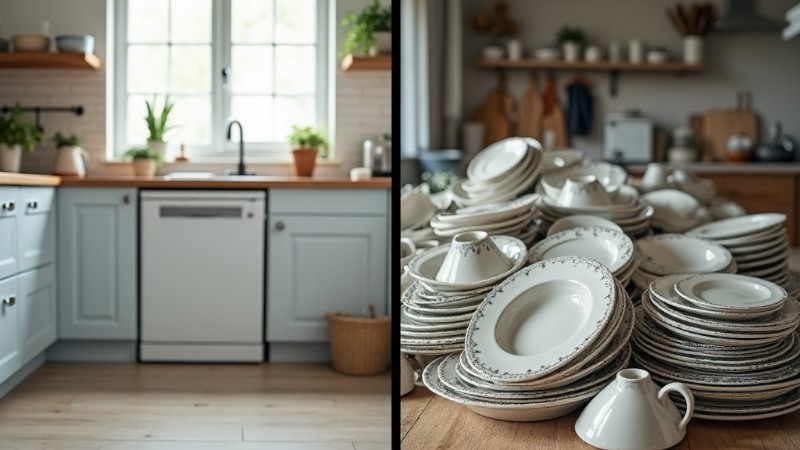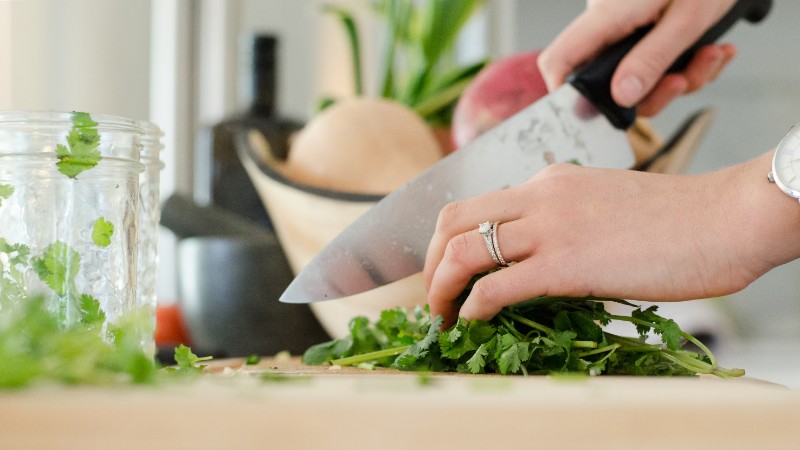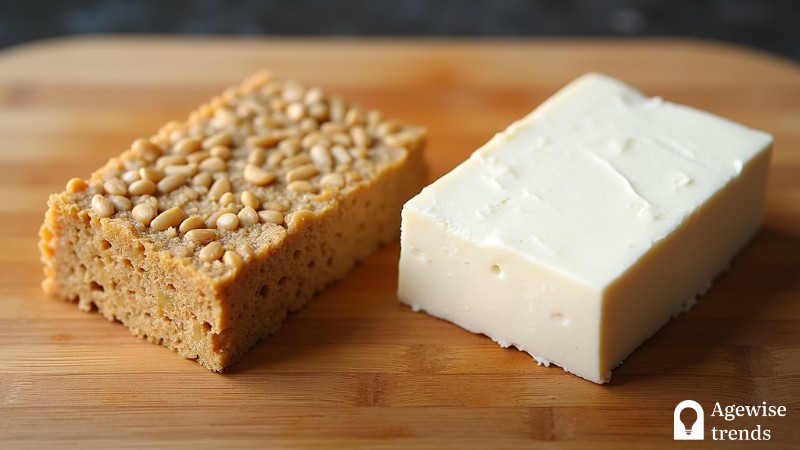Black plastic kitchenware is a common choice in many households due to its sleek appearance, durability, and affordability. However, as people become more aware of the potential risks associated with plastic kitchenware, concerns have emerged—especially when it comes to the safety of seniors.
Older adults often have different health considerations, including a heightened sensitivity to certain chemicals and a greater need for food safety. This raises an important question: Is black plastic kitchenware safe for seniors?
Key Takeaways
Black plastic kitchenware offers several benefits for seniors but also raises concerns about chemical safety and environmental impact.
- Lightweight black plastic utensils are easier for seniors with reduced grip strength to handle, reducing the risk of drops and breakage.
- Chemical safety is a concern due to potential exposure to harmful substances like flame retardants, especially when heating food in microwave-safe containers.
- Recycling difficulties make black plastic less environmentally friendly compared to other materials, prompting consideration of more sustainable alternatives.
Practical benefits for seniors
Black plastic kitchenware offers several advantages for older adults, particularly in terms of practicality. Many seniors experience reduced grip strength or dexterity issues due to arthritis, Parkinson’s disease, or other age-related conditions. Lightweight plastic utensils, plates, and containers can be easier to handle compared to heavier materials like glass or ceramic, reducing the risk of drops and breakage.
Additionally, black plastic’s stain-resistant properties make it a convenient option for seniors who may prefer low-maintenance kitchenware. Unlike white or clear plastic, black kitchen items can better conceal discoloration caused by foods like tomato sauce, turmeric, or coffee. Many black plastic products are also microwave-safe, allowing for quick and easy reheating of meals—a useful feature for seniors who rely on ready-made or pre-prepared food.
Chemical safety concerns
One of the primary concerns surrounding black plastic kitchenware is its potential to contain harmful chemicals, such as flame retardants, which have been linked to endocrine disruption and other health risks.
While regulatory bodies like the U.S. Food and Drug Administration (FDA) and the European Food Safety Authority (EFSA) enforce strict guidelines on food-grade plastics, not all black plastic items on the market meet these safety standards.
Seniors, in particular, may be more vulnerable to chemical exposure due to age-related metabolic changes. This is especially concerning when black plastic containers are used to store acidic or hot foods, as heat can increase the likelihood of chemical leaching.
For seniors who rely on microwavable meals, it’s essential to check whether black plastic containers are labeled as microwave-safe. Even if a product is deemed safe for microwave use, transferring food to glass or ceramic dishes before heating can be an extra precaution to reduce potential chemical exposure.
Recycling and environmental considerations
While safety is the primary concern, another issue with black plastic kitchenware is its environmental impact. Unlike other plastics, black plastic is notoriously difficult to recycle due to the way it absorbs infrared light, making it harder for recycling facilities to identify and sort. As a result, many black plastic products end up in landfills or incinerators, contributing to environmental waste.
For the aging population who prioritize sustainability or are conscious of their carbon footprint, this presents a dilemma. Many older adults have spent a lifetime practicing frugality and minimizing waste, making the limited recyclability of black plastic an important consideration. Choosing reusable kitchenware made from stainless steel, bamboo, or glass may align better with an environmentally friendly lifestyle while also ensuring food safety.
Making the right choice for seniors
When selecting kitchenware for seniors, safety and ease of use should be the top priorities. If black plastic remains a preferred choice due to its lightweight nature and convenience, opting for food-grade products from reputable brands is crucial. Avoiding extremely cheap or unbranded plastic items, which may be made from recycled electronic waste containing hazardous substances, is another important precaution.
For the elderly with existing health conditions, such as weakened immune systems or chronic illnesses, it may be best to minimize plastic use altogether. Glass, ceramic, or stainless steel kitchenware can offer a safer alternative while still being easy to handle if designed with senior-friendly features, such as lightweight construction and ergonomic grips.
Black plastic kitchenware is not inherently unsafe for seniors, but extra care should be taken to ensure that the products used are of high quality and meet food safety standards. By making informed choices, older adults can continue to enjoy practical, convenient kitchenware while minimizing any potential health risks.














